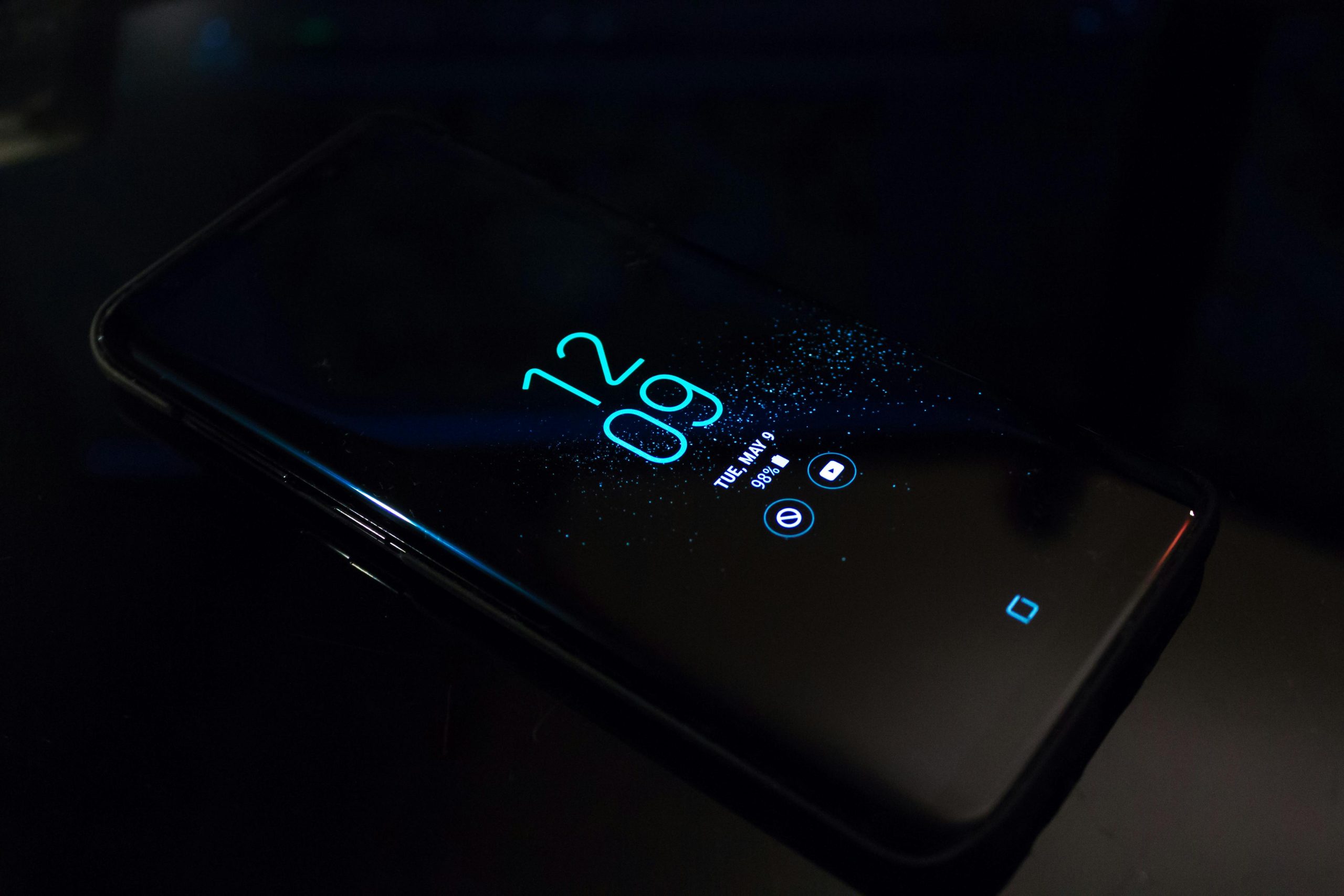Protecting Your Family from Remote Access Scams: A Cautionary Tale
Today, I want to share a concerning experience that my father recently encountered, which serves as a valuable lesson on the importance of vigilance when it comes to cybersecurity.
Recently, my dad received a phone call from someone claiming to be a representative of his Internet Service Provider (ISP). Without a second thought, he granted this unknown individual access to his laptop via TeamViewer. The situation escalated quickly; during the connection, the laptop screen went black for a few distressing minutes, which caused my father considerable alarm. After experiencing this unsettling moment, he wisely severed the connection.
As someone who isn’t particularly tech-savvy—my understanding of cybersecurity mostly draws from shows like Mr. Robot—I couldn’t help but feel a wave of anxiety wash over me. My immediate concern was that the caller might have malicious intents, potentially installing software that could allow them to remotely access or control my father’s computer.
Determined to take proactive measures, I devised a plan. First, I intended to disconnect the laptop from the internet to prevent any further unauthorized access. Next, I planned to quickly back up his essential documents before proceeding with a full factory reset of the laptop. But before I put my plan into action, I wanted to ensure that it was indeed a sensible course of action.
An Update on Our Journey
I reached out to the community for guidance, and I sincerely appreciated the advice received. After gathering valuable tips, I proceeded to wipe the laptop clean. In a stroke of luck, a subsequent scan using Malwarebytes confirmed that the device was free of any threats.
While my father wasn’t thrilled about having to reset all five years’ worth of passwords, the situation could have turned out much worse. Interestingly, the scammers tried to reach him again, repeating their attempts to solicit access. This time, however, I was present and firmly told them to go away. Their persistence made me hopeful that they had not obtained any sensitive information during their initial call.
Takeaways for Cybersecurity Awareness
This incident underscores the importance of being cautious about unsolicited calls, especially when they involve granting access to personal devices. Here are a few key takeaways to protect yourself and your loved ones:
-
Be Skeptical: Always question unsolicited communications. Legitimate companies typically don’t request remote access to your devices.
-
Educate Family Members: Make sure that family
Share this content:



